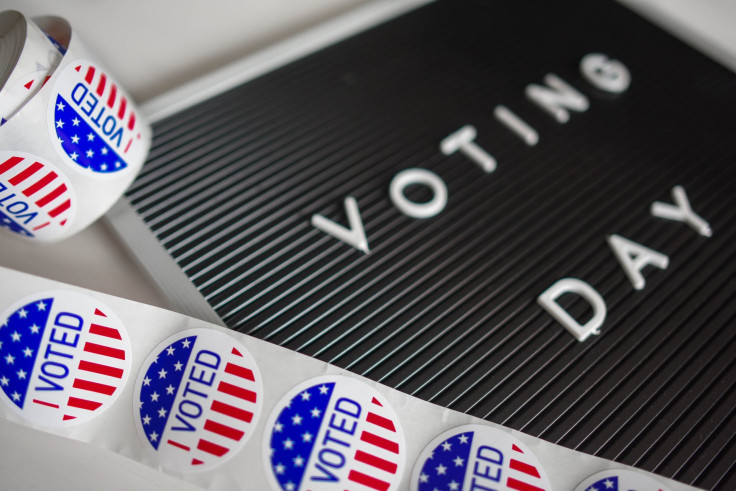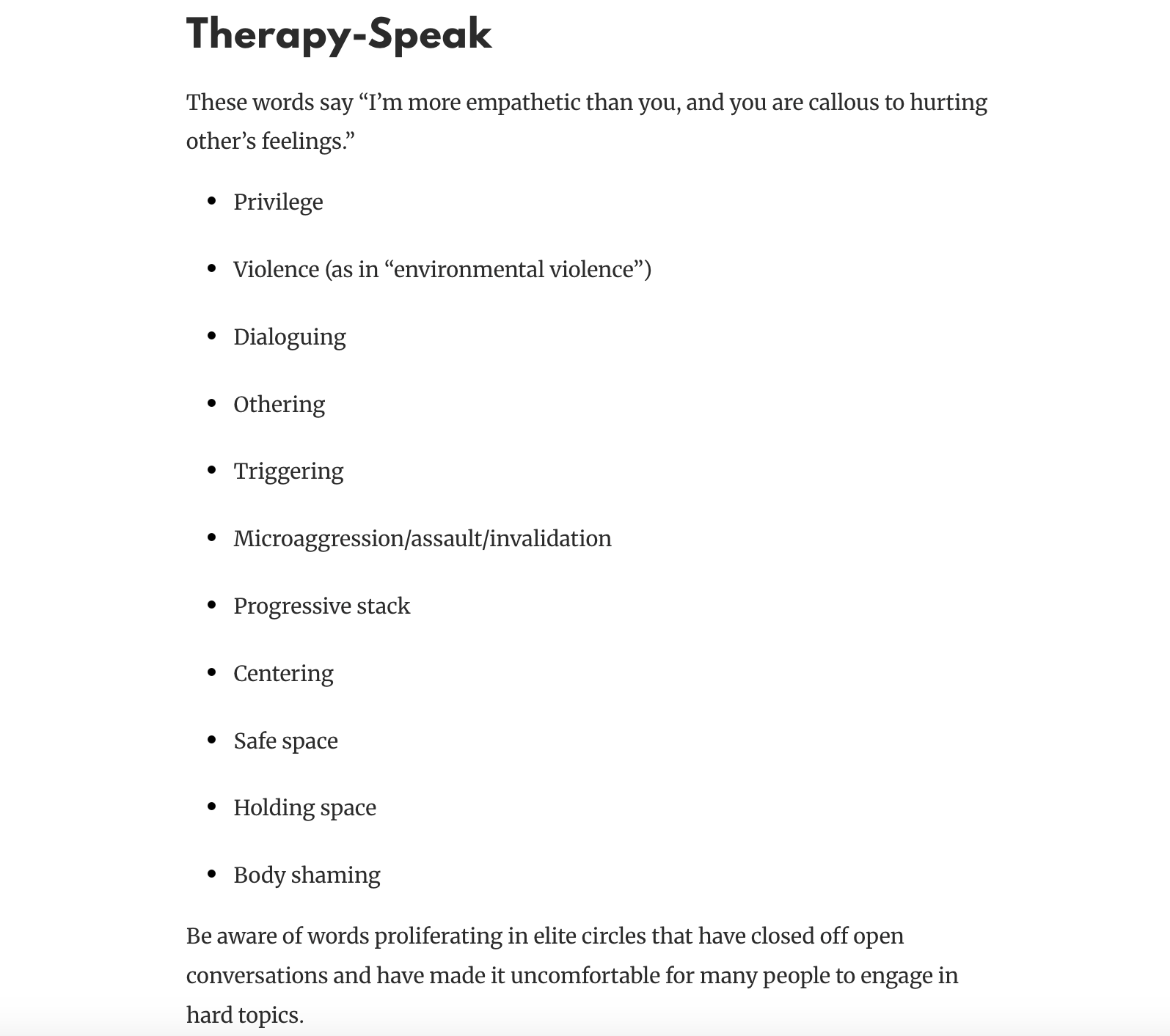'Birthing Person? Cisgender? Safe Spaces?' Democrats Urged To Stop 'Woke Language' Or Risk Losing to Trump Again

KEY POINTS
- Centrist think tank Third Way says Democrats' activist-driven jargon risks alienating voters.
- Voters want plain speech on jobs, healthcare and crime, not academic jargon.
- Language cited as one reason Democrats lost ground in 2024 midterms.
The Democratic Party is under mounting pressure to rethink the way it speaks to voters, after a centrist think tank warned that so-called 'woke language' could hand Donald Trump and the Republicans a crucial advantage in future elections.
In a memo titled Was It Something I Said?, the Washington-based policy group Third Way said Democrats have become increasingly reliant on activist-driven jargon that sounds elitist and confusing to ordinary Americans. While intended to signal inclusivity and empathy, terms such as 'birthing person', 'cisgender', 'safe spaces' and 'Latinx' are alienating rather than unifying, the group argued.
'Voters would be excused to believe we run on wildly out-of-touch social positions because of the words that come out of our mouths,' the report noted. 'These words sound superior, haughty and arrogant. To please the few, we have alienated the many.'
Language as a liability
The warning comes at a time when Democrats are still reeling from their losses in last year's midterm elections. Analysts across the political spectrum have pointed to the party's struggles on cultural issues, with focus groups showing that progressive terminology is often mocked or met with distrust by persuadable voters. Many ordinary Americans, they say, simply want to hear about jobs, healthcare and crime in everyday language.
Critics argue that the embrace of jargon-heavy phrasing has created a perception that Democrats are 'talking down' to people. Words like 'microaggression', 'intersectionality', or 'justice-involved' may resonate in universities and activist circles, but leave most voters cold. According to Third Way, such language unintentionally erects barriers and fuels the belief that Democrats care more about ideology than the lived concerns of working families.
A repeat of 2024?
One of the starkest warnings in the memo is that the use of 'woke language' was among the reasons Democrats lost ground in 2024. While the party held on in some urban centres, it faltered badly in swing states and among key minority groups. Voters said they felt exasperated not only by policy debates but also by the language itself, describing it as confusing, divisive, or 'not normal'.
That linguistic disconnect, strategists warn, may have helped Trump re-energise his base by positioning Republicans as the party of 'common sense'. The fear now is that, unless Democrats change tack, they could repeat the same mistake in 2025 and beyond.
Why use it at all?
Many Democrats acknowledge the pitfalls but say they feel boxed in. Plain, authentic speech often provokes backlash from activist organisations, which demand strict adherence to preferred terminology. This is how 'birthing person' became a substitute for 'mother' and 'cisgender' entered mainstream political messaging.
Activists argue that such terms are more inclusive and precise, but Third Way counters that the effect is the opposite: instead of starting a conversation, the jargon ends it. 'When we use words people don't understand, studies show the part of their brain that signals distrust becomes more active, undermining our ability to reach them,' the memo explained.
What's at stake
The report does not call for censorship or abandoning core values, but urges Democrats to consider whether their words invite people in or drive them away. It highlights several categories of problematic language:
- Therapy-speak, such as 'triggering' or 'microaggression', which can sound accusatory.
- Academic terms, like 'systems of oppression' or 'cultural appropriation', which imply intellectual superiority.
- Organizer jargon, including 'stakeholders' or 'housing insecurity', which reduces individuals to policy abstractions.
- Gender correctness, with terms such as 'chest feeding' or 'birthing person', which strike many as unnatural.
- Racial constructs, like 'Latinx' or 'BIPOC', which research shows are not widely embraced by the very communities they are meant to describe.



A bigger army, not a smaller tent
Third Way insists the point is not to belittle progressive causes but to build a bigger coalition to defend them. 'Standing up to MAGA's cruel attacks on gay and transgender people requires creating empathy and building a broad coalition, not confusing or shaming people who could otherwise be allies,' the memo stated.
The group warned that language policing has left many Americans fearful of saying the wrong thing, fostering resentment and silence rather than dialogue. In practice, this has allowed Republicans to brand Democrats as elitists more concerned with labels than solutions.
The stakes could not be higher. If Democrats fail to speak in ways that ordinary people understand, Third Way cautioned, they risk ceding political ground to Trump once again.
'Communicating in authentic ways that welcome rather than drive voters away would be a good start,' the report concluded. 'We must stop erecting linguistic walls that make voters feel small, judged or excluded. The battle against Trump will not be won in academic seminar rooms, but at kitchen tables.'
© Copyright IBTimes 2025. All rights reserved.



















